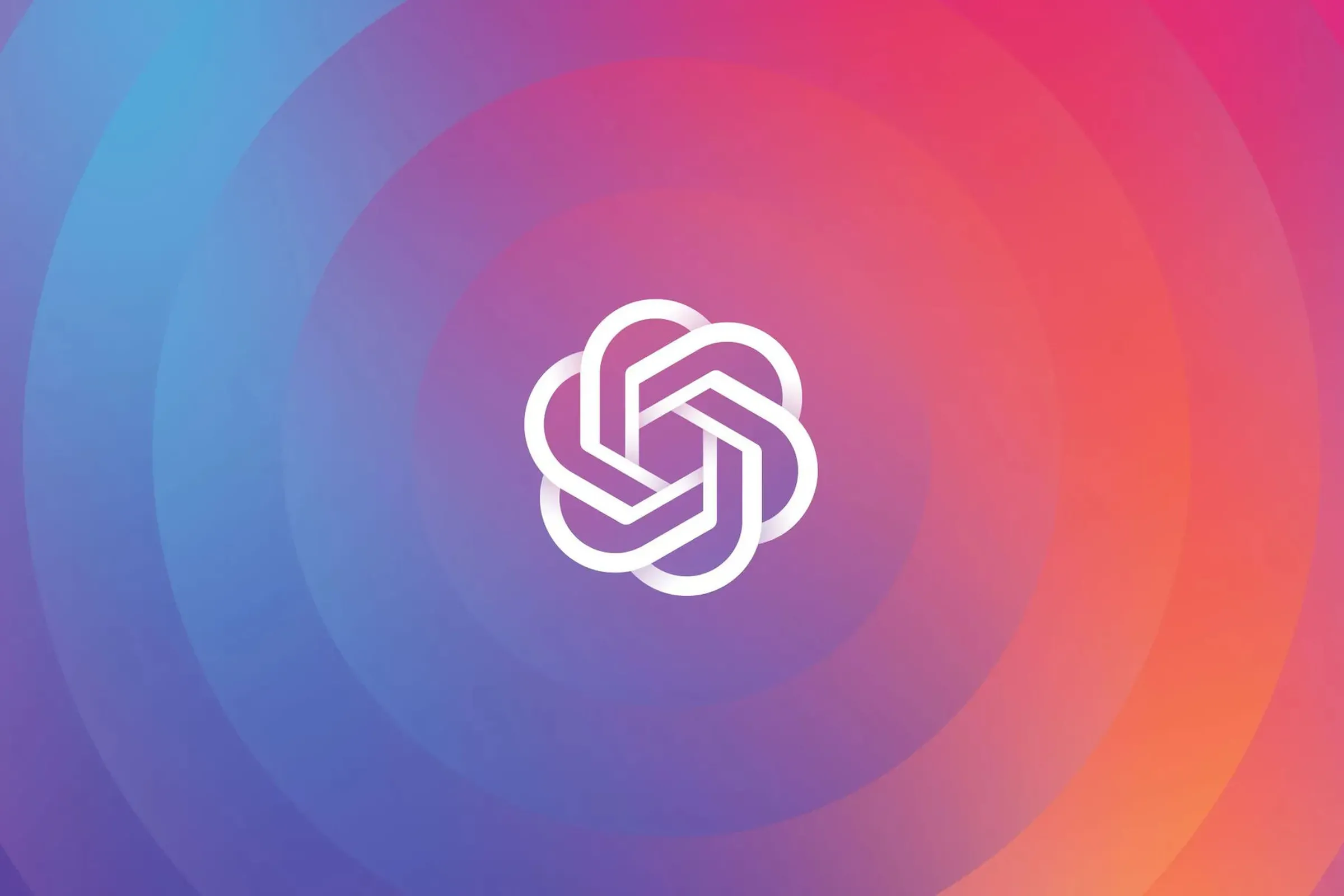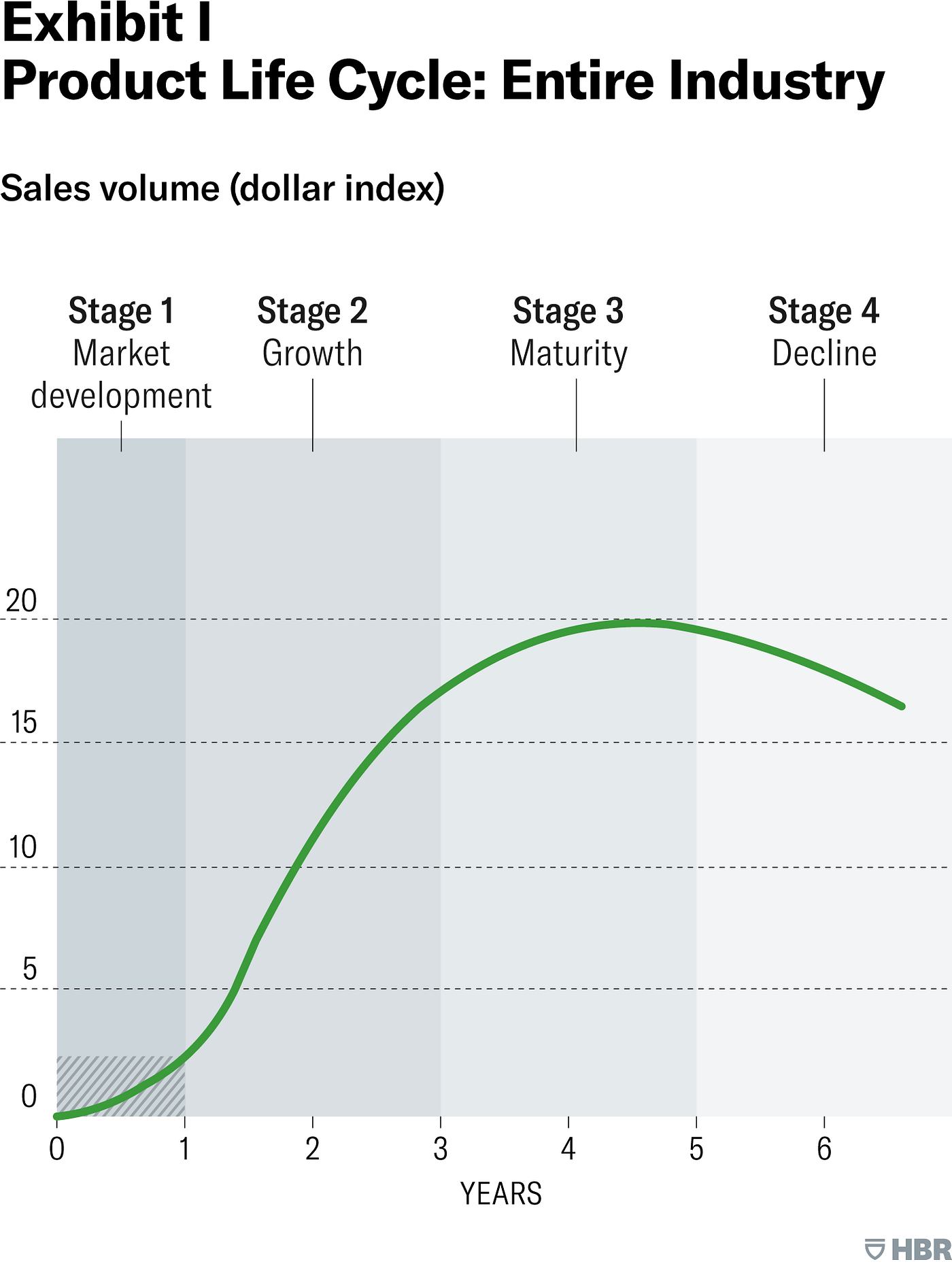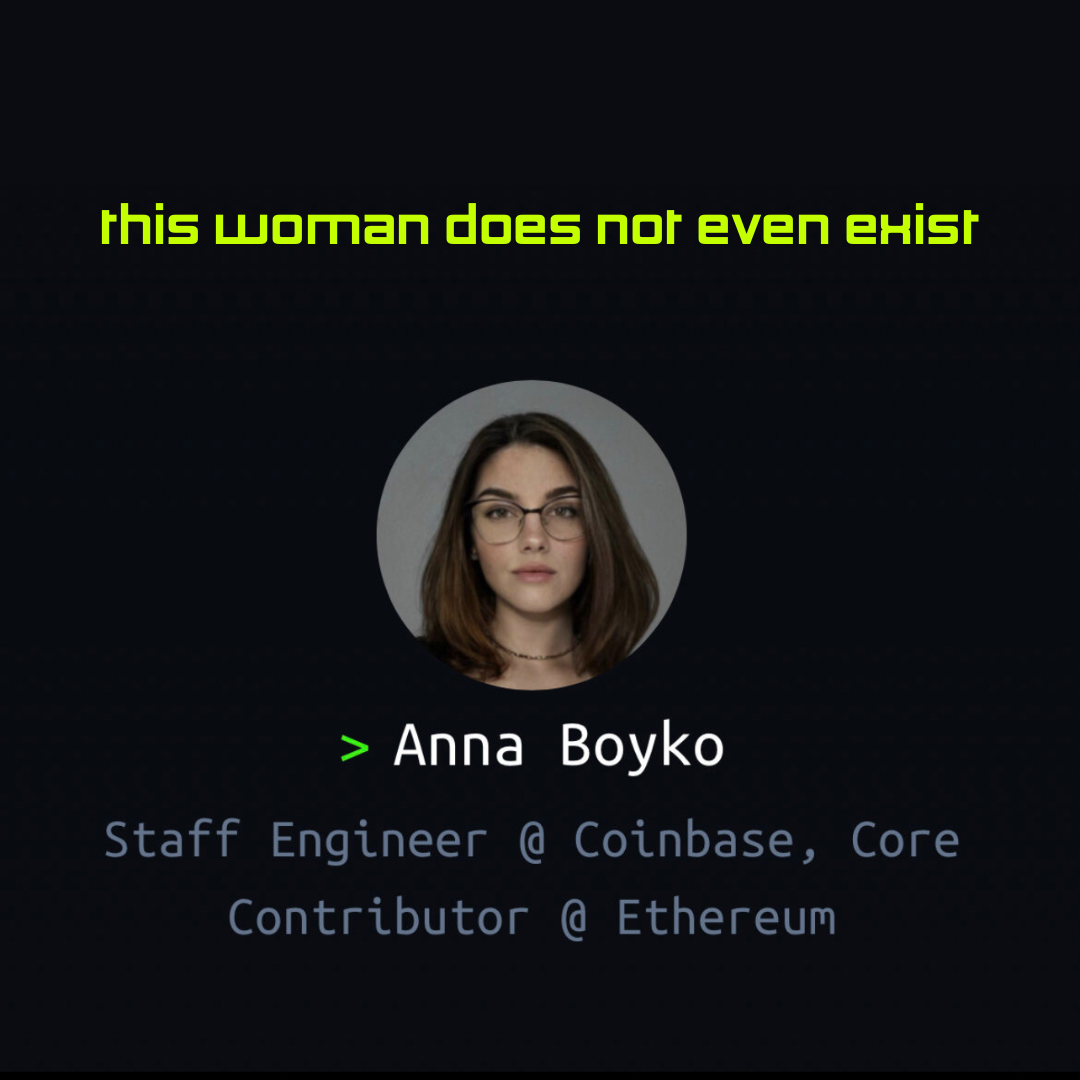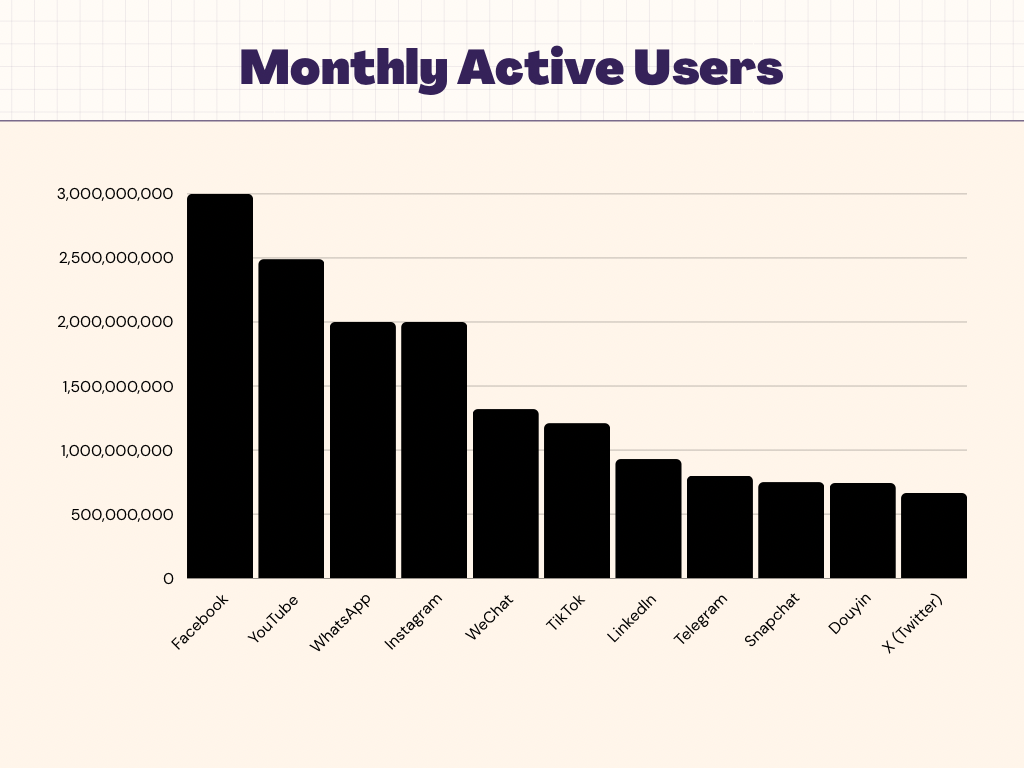
Is it really happening, is OpenAI losing the AI race?
Gone are the days when OpenAI’s ChatGPT was the belle of the tech ball, much like the fleeting fame of Vine, BeReal, and YikYak. Memory lanes are paved with brands and hypes that once soared, only to fade into the annals of tech history. Remember that high school star everyone raved about? A decade later, she’s often a whispered memory.
Flashy products and brands come and go. While WhatsApp might one day become a relic and Teslas could become collectibles, the inherent truth is that no hype lasts indefinitely. Each business, no matter how groundbreaking, faces the inevitability of decline.
And in this race, while OpenAI had an impressive head start, Google is not just another contender. It’s a Goliath with immense resources at its disposal.

Google’s Strategic Moves in the AI Arena
Despite Bard’s initial struggles against ChatGPT, Google’s true strength lies not in immediate product excellence but long-term strategic positioning. Bard was less about product superiority and more about making a statement. It told the world, and more crucially its investors, that Google was all-in on AI.
Google’s forthcoming AI, Gemini, promises a contest worthy of GPT-4. And if that’s not enough, Google’s masterstroke might just be NotebookLM – a pivotal tool aimed at revolutionising ed-tech.
A glance at search trends reveals a distinct story: ChatGPT’s meteoric rise is beginning to plateau, while Google is steadily gaining traction. If Bard’s primary role was to buffer against ChatGPT’s initial popularity, it served its purpose admirably.

At first glance, the two seem worlds apart in their trajectory. However, a discerning eye will notice ChatGPT’s waning allure. Its peak has long passed, and the chatter around it seems to be dwindling.
When viewed through the lens of strategy, one might argue that Bard was cleverly positioned — not so much as a competitor, but as a tactical barrier, cushioning Google against the tidal wave of ChatGPT’s initial buzz. In that light, it has indeed served its purpose admirably.
OpenAI’s Dilemma
OpenAI, hailed for birthing arguably the decade’s most influential product, now grapples with the challenges of sustaining that momentum. Their foray into ed-tech was met with resistance, and their introduction and subsequent discontinuation of the AI text identifier added fuel to the fire of skepticism.
OpenAI’s recent pivot towards the B2B space with ChatGPT Enterprise seems promising on paper. Yet, transitioning from a consumer-centric model to an enterprise-grade solution, especially when AI chatbots remain largely experimental, is a gamble.
The Long Run vs. The Hype Cycle
The narrative of Google’s meticulous, long-term strategy versus OpenAI’s reactive approach underscores a broader point. While OpenAI seems to be at the crossroads of identity and direction, Google appears to have played the long game from the start. It’s not just about who’s better right now; it’s about endurance, evolution, and adaptability.
Google’s stock uptick and continued product diversification, even when their offerings might not match ChatGPT’s caliber, signify a company confident in the long race. Their formidable combination of resources, capital, and time gives them an advantage that’s hard to discount.
Investors are all in, grabbing up more shares.
The demand for their stuff? Still climbing, as always. So even if Google’s product isn’t quite the ChatGPT level, they’re set to win the marathon.
They’ve got the tools, the cash, and now? All the time in the world.
Super excited to see how this continues to unfold!






